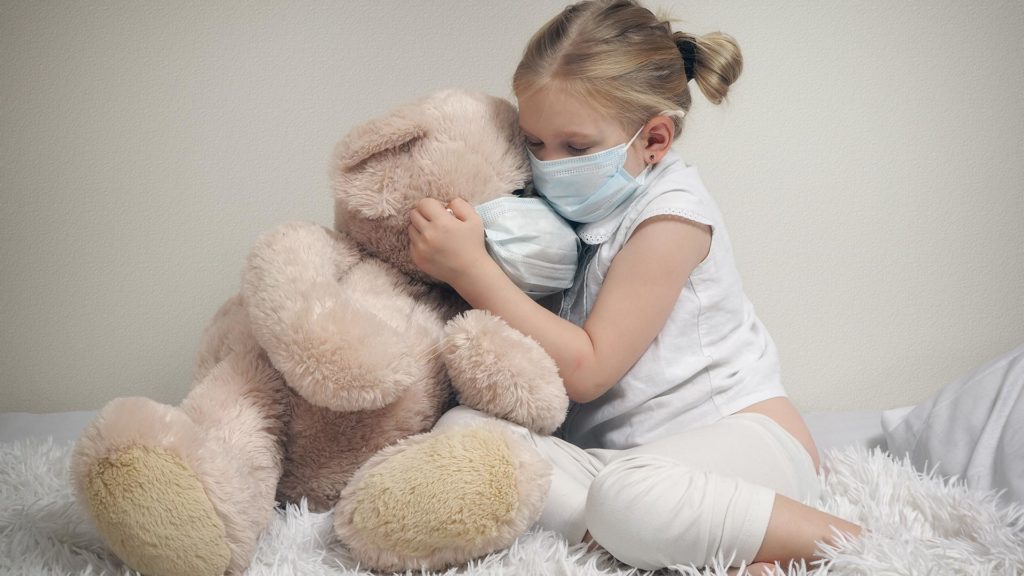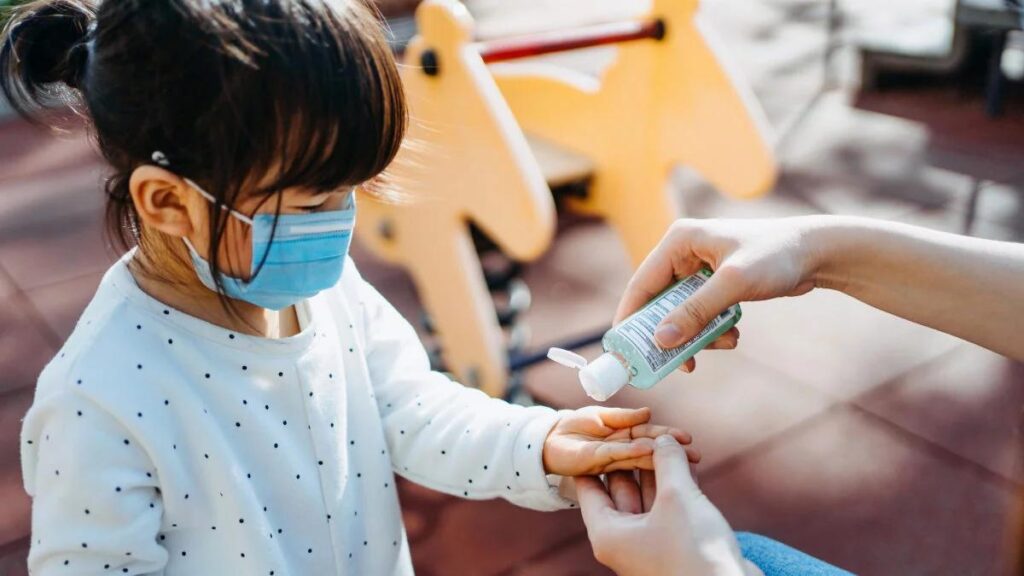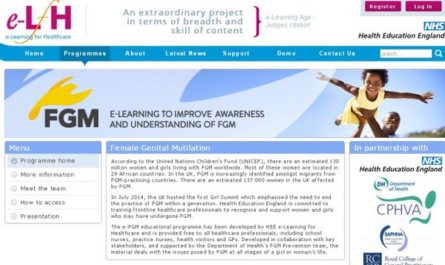The coronavirus pandemic is gaining momentum. The nature of this virus is being studied and so far there are more questions than answers. Moms are particularly worried. What to do if a woman gets coronavirus infection? With whom to leave the child during hospitalization, if the mother brings up the child alone? In this regard, the Department of Labor and Social Protection of the city population gave quite detailed explanations.
According to this information, if the mother has no one to leave the child with, then he is placed in the Family Center under the care of the state. In today’s environment, the pattern is changing a bit. First, both the mother and the child are sent to the hospital for examination. If the child is healthy, he will be discharged to the Family Center with an inpatient unit.
Children do not have superprotection against coronavirus, they are also susceptible to infection as adults. Recent data say that over the past couple of months, the proportion of children among those infected has increased from 5% to 7%. And there is an explanation for this. At first, those who returned from foreign trips were ill. Further, the infection began to spread throughout the country. People were infected at work, public places and families. That is why there has been an increase in the number of children with COVID-19.
Symptoms of coronavirus infection in children
Coronavirus infection in children occurs mainly in a mild form. The temperature is not high. Tickle in the throat. The smell is lost. Diarrhea is observed.
“Diarrhea is one of the symptoms of coronavirus infection, it is not observed in all patients, among sick children it is observed quite often,” the head of the Department of Clinical Studies of Epidemiology ..
Severe infections and complications in children are rare. A child is at risk if he has serious chronic pathologies, including an immunodeficiency state, oncological or endocrine diseases.

Precautions
It is possible to protect children from infection by strict adherence to hygiene rules. Today it is the best “vaccine” for coronavirus. We recommend everyone to observe the following precautions:
- Contact with other children and adults should be eliminated or minimized.
- Wear a mask and gloves
- A social distance of more than 1.5 meters should also be respected.
- Wash hands frequently
- Do not touch the face with your hands.
- Disinfect surfaces
Do not abuse vitamins
Of course, now many parents are concerned about the state of immunity of their child. But doctors advise not to get involved in dietary supplements and vitamins. There is a risk of allergies, many trace elements in excess of the dose can lead to poisoning. It is best to exercise caution, and ideally, consult a doctor.
How to strengthen the immunity of a child
To strengthen the immune system, according to doctors, the diet of the child is important. It is necessary to reduce the amount of sweets – too much sugar reduces immunity. An alternative to sweets and chocolate is a small amount of dried fruits. In general, instead of “fast” carbohydrates, there should be more “slow” ones (cereals, vegetables, fruits) in the menu.
The diet of the child must be diversified. Do not neglect fish and seafood, they are rich in vitamin D, which positively affects immunity.
Breast milk protects against coronavirus
Doctors advise to support breastfeeding in newborns. Protective antibodies come into the baby’s body with the mother’s milk, which strengthen the immune system and reduce the risk of infection.
Do not delay vaccination
In addition, do not postpone vaccination, because in addition to coronavirus, there is a constant risk of contracting other infections, and a weakened child is more prone to complications. This is especially true for children with chronic diseases, they definitely need to be vaccinated according to plan. There is doubt, it is better to consult a doctor.
Good dream
It is important that the baby gets enough sleep. It also has a positive effect on immunity. Children in grades 1-6 should sleep at least 10 hours, in grades 7-9 – 9 hours, in older – at least 8 hours. Schoolchildren should be limited in time in using gadgets and watching TV. When interacting with the screen, irritation of the nervous system occurs. This leads to insufficient production of melatonin, which is important for the formation of immunity.



